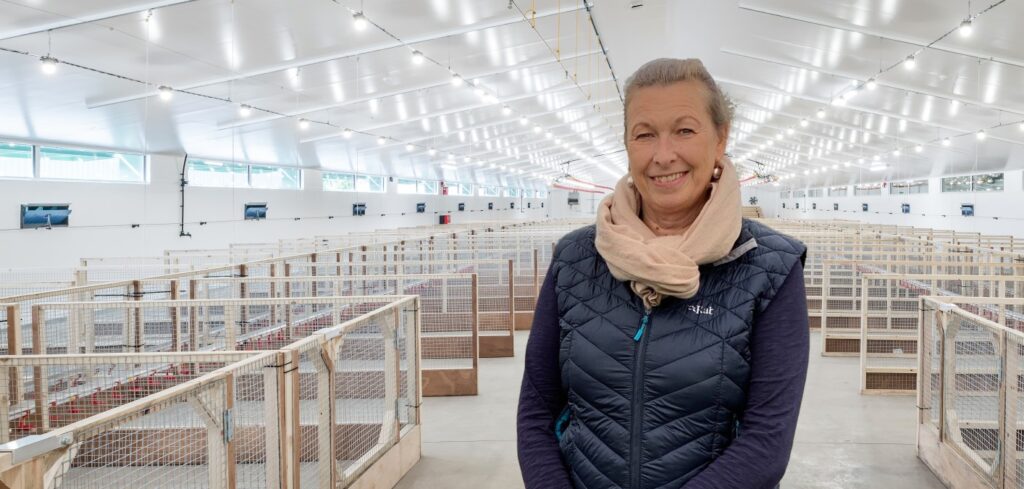Rapid and widespread change will be required on farms in order to meet net-zero targets for livestock, according to a report published by CIEL (Centre for Innovation Excellence in Livestock), writes Helen Brothwell.
The report, ‘Net Zero & Livestock: How Farmers Can Reduce Emissions’ identified that greenhouse gas emissions from UK livestock production, including pigs, could be reduced by 23% and ammonia emissions by 15% and there is still much more to do.
The research has collated data covering a range of mitigating scenarios in real-life case studies across dairy, beef, sheep, pig and poultry farms – delivered by independent scientists from the Agri-Food and Biosciences Institute (AFBI), Queen’s University Belfast, Scotland’s Rural College (SRUC) and Rothamsted Research.
The main areas for mitigations in the pig sector highlighted in the report are animal health and efficiency, manure management and feed sourcing, with the latter the greatest priority, particularly relating to protein.
It also acknowledges the challenge of reconciling the overall carbon footprint with national greenhouse gas emissions from UK pig systems as emissions for feed ingredients often occur in other countries.
“This report re-confirms that we could deliver a large reduction in greenhouse gases to significantly contribute to the goal of net zero carbon by 2050 but even that requires universal adoption of the various known mitigations across all livestock farms in the UK – something we are not currently achieving,” commented Lyndsay Champan, CEO of CIEL.
“All those within the supply chains must work together to reduce emissions while still producing the nutritious, safe food the UK needs. Farmers cannot, and should not, be expected to deliver this on their own.”




